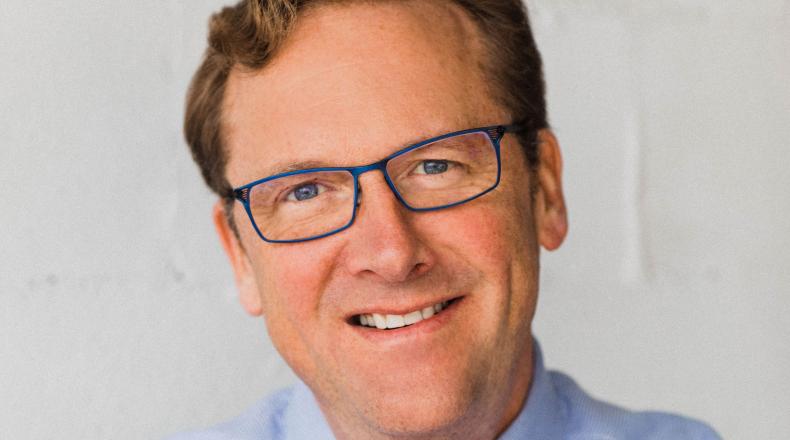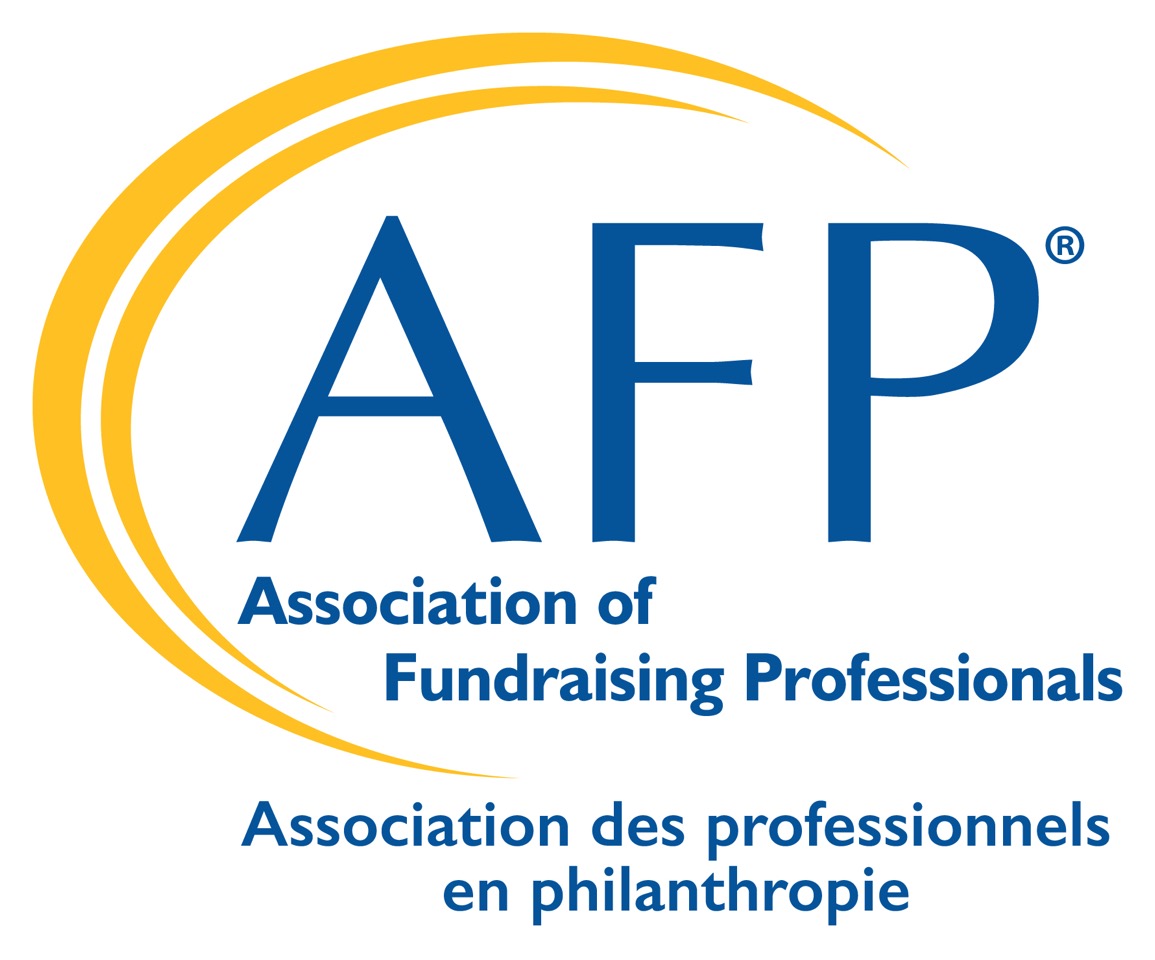AFP Canada Chair Ken Mayhew: A Facilitator of the Goals and Vision of Others

Ken Mayhew is one of the best-known fund development professionals in Canada. He spent more than 20 years as the chief development officer at Multiple Sclerosis Canada, where he designed and rolled out some of the most innovative fundraising programs in the country, building a database of almost one million donors and raising $50 million a year. For the past nine years, he’s been president and CEO of the William Osler Health System Foundation that serves the 1.3 million people living in the Brampton and Etobicoke region of Ontario. Throughout his career, he has been actively engaged in AFP. He is a past president of the AFP Greater Toronto chapter, a founding director of AFP Canada and, for the past three years, and served as chair of the communications committee of AFP Canada. In January 2021, he began a two-year term as chair of the AFP Canada board of directors. We caught up with him to find out what he’s thinking about the year ahead.
Deciding that you’d like to try your hand at being chair of a national organization is a lot of work in anyone’s book, especially in addition to your day job. What made you decide you’d like to be the chair of AFP Canada?
I am very fortunate that my day job is more of a calling than a job. In my role, I lead an exceptional team of fundraisers who are helping hospitals at the epicentre of this global pandemic by caring for people often from disadvantaged socio-economic circumstances. As a member of the hospital executive responsible for leading the 8,000 physicians, nurses, staff and volunteers at Osler, I have never felt more aware of the importance of what I do nor more humbled by the everyday heroes I work with.
That doesn’t mean I don’t have my challenging days – we all do. But since childhood, I have always felt a responsibility to pay things forward. And I deeply believe that AFP does that for our profession and our community. Many AFP colleagues are close friends and advisors and have lifted me as supporters and as critics. All have made me better as a leader and a human. I also believe that AFP Canada, acting through and on behalf of all members as the voice of AFP from coast to coast to coast, is uniquely able to take tough positions with the federal government that educate them on the importance of ethical fundraising. Concurrently, we have and will continue to develop briefs on perennial issues such as why fundraising is an essential service and the cost of fundraising.
What are your goals for the organization as you set out on your term as chair?
Our priorities are to build on the path created for us by our members, our strategic plan and the awakenings of 2020. We must be more thoughtful about the social construct in which we work and live, of the needs of our 21 chapters that are the face of AFP in Canada and of the stress on our members—who are also rightly worried about the future of the fundraising profession.
We will do so by inspiring a large and diverse team of volunteers focused on everything from the public narrative on the legitimacy of our profession to efforts to provide sustainable funding to the organizations we work for. The transparency of how AFP operates and populates its volunteer cohort is also on the list. I have six specific SMART [Specific, Measurable, Attainable, Relevant, and Time-Bound] goals in support of this and will do my best to deliver on the promise of our collective ambitions.
Do you think the wealth inequity and racial injustice we witnessed during 2020—thinking of the pandemic and the resulting protests around the killing of George Floyd—changed or will changed the way fundraisers look at their jobs?
The George Floyd murder remains shocking and indefensible. The protests against systemic injustice and racism have opened doors that will not be closed again. None of us will live nor do our work in the same way again. At the same time, the traditional notion of philanthropy itself involves a profound power imbalance between the donor and the person seeking the donation. I question the source and motivation behind donations to an extent I have not before.
What’s your experience of the difference about being chair of a board as opposed to being “just” a board member?
I view myself as a good listener and collaborator. I view my role as chair is to be a facilitator of the goals and vision of others at the board table. With the calibre of board members recruited, and the smart work done by those who came before me including Paula Attfield, I am very excited by the potential of AFP Canada to make a difference. I have a reputation for driving work from premise to output and view my mandate as being about service and amplification and never about me.
What do you think are the biggest issues facing fundraisers today?
The concurrent pandemics we face of injustice and racism, of the COVID pandemic, and the likelihood that both will destabilize the ecosystem in which we work and live. I believe some of this change is overdue and for the good. As we confront our new economic and social constructs and constraints, it will be important to keep our momentum, our hope and to remain resilient. Indeed, amidst this, I believe AFP has a role, perhaps the key role, to play in creating the sense of belonging for those who fundraise for a living.
What is one challenge you anticipate in your new role as chair of AFP Canada?
Ensuring impact and relevance within the seriousness and complexity of these concurrent pandemics.
What’s the thing you’re most looking forward to?
Building on the foundation left by others.
One lesson learned in life that you can apply to this role.
I am an imperfect work in progress on a lifelong journey to learn and grow and improve.
What books are you reading now?
Today, The Wayfinders by Wade Davis. Recently, Go Wild by John J. Ratey MD, Untamed by Glennon Doyle, Becoming by Michelle Obama, White Fragility by Robin DiAngelo, Winners Take All by Anand Giridharadas, How to Be an Antiracist by Ibram X. Kendi, American Dirt by Jeanne Cummins. And I regularly re-read my all-time favourite, Love in the Time of Cholera, by Gabriel García Márquez. That, and thanks to a long commute, I listen to a daily dose of podcasts.
Do you have a message to the members of AFP?
What you do matters. How you do what you do matters more. Use the enormous human and archived resources and diverse perspectives of AFP in Canada to leave your mark on your organization, your community and world. If, you feel you have it together, help someone who, despite best efforts, does not.





